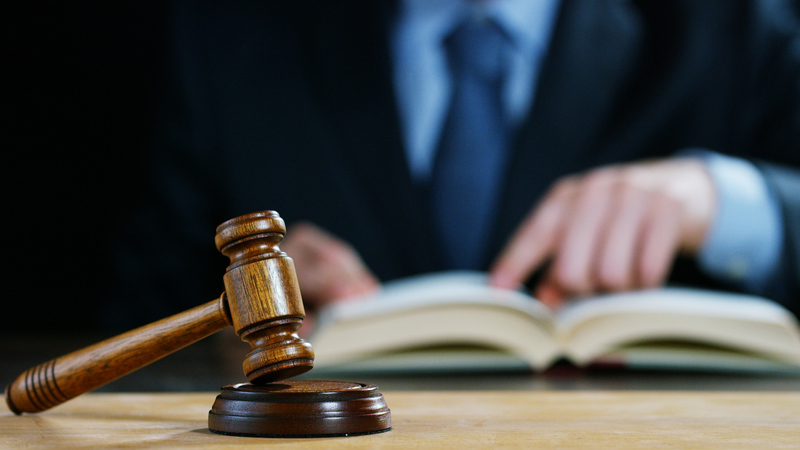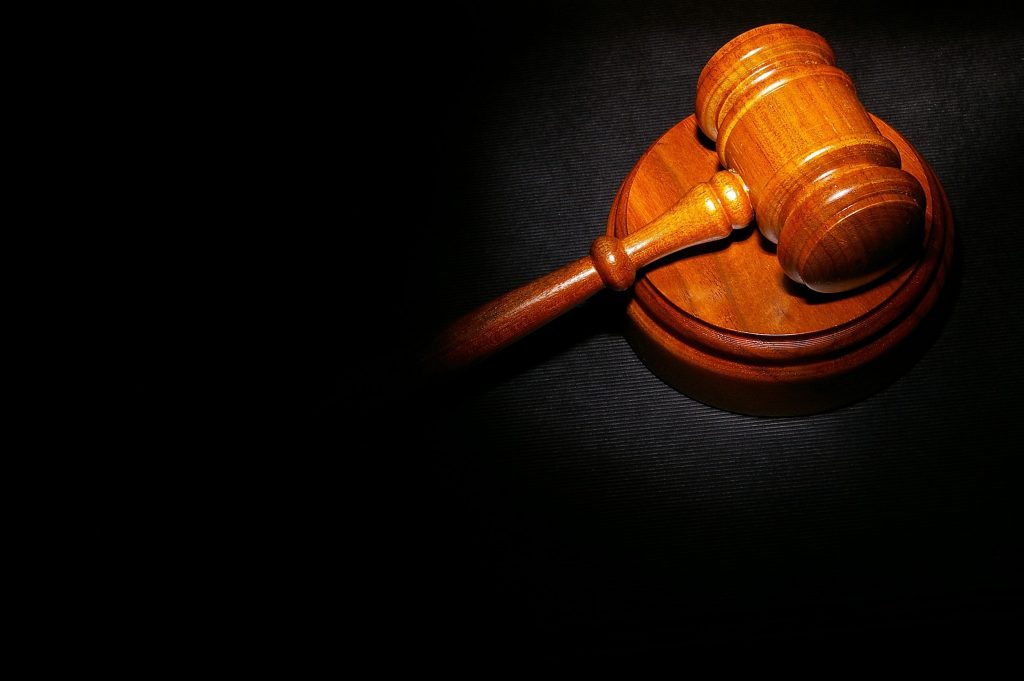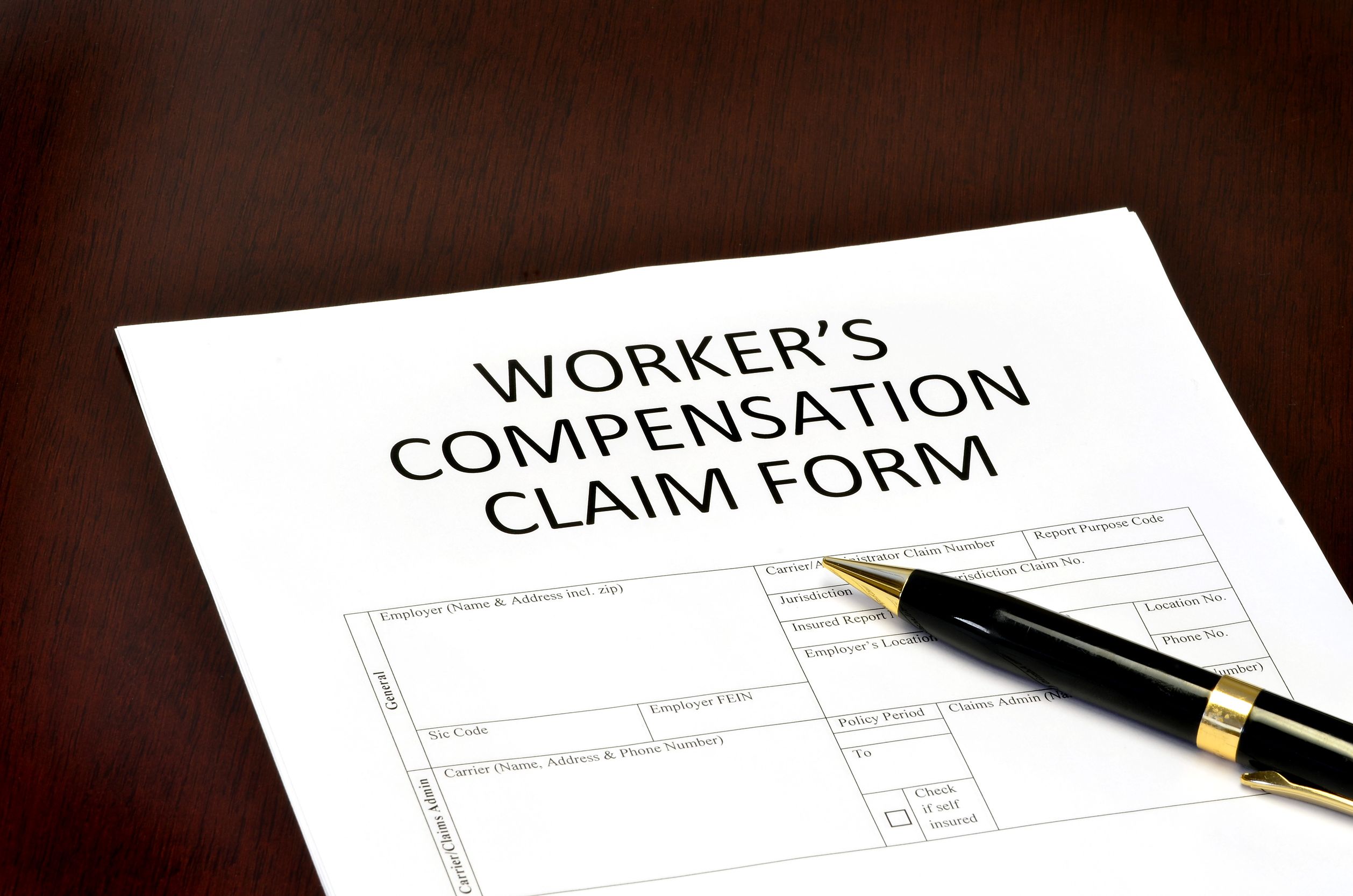A sad fact is that many small businesses do fail; so if your business is falling into financial straits, it may be time to contact a Chicago business bankruptcy attorney. Bankruptcy is never desirable, but it can be a way to help repay financial obligations and give you time to either sell your business or reorganize. There are three types of business bankruptcy in Chicago including Chapter 7, Chapter 11 and Chapter 13. The type you choose will depend on your circumstances and whether your company is a sole proprietorship, corporation, partnership or limited liability company.
Chapter 7 Bankruptcy
In consulting with a Chicago business bankruptcy attorney, you may find that he advises you to file Chapter 7 bankruptcy, especially if your business is a sole proprietorship and you have no plans for reorganizing your business. Chapter 7 in also considered a total liquidation of your business assets. For businesses with little capital or where restructuring the business may not be feasible, Chapter 7 is often the best bankruptcy option. When you file for Chapter 7 bankruptcy, a trustee will handle distributing the assets of your business capital liquidation to your creditors. Once the funds are distributed, you will be released from any further obligations of the debt if you are a sole proprietor. The same discharge does not apply to other business entity types under Chapter 7 business bankruptcy.
Chapter 11 Bankruptcy
Under a Chapter 11 business bankruptcy, your business may be re-organized. You are allowed to participate in a plan where you can repay your creditors over time. This will allow you time to get your finances in order. Your creditors must approve the plan which will contain details of how you plan to pay back your creditors. The plan will be administered by a court-appointed trustee. This is one of the more complex types of business bankruptcy and may time some planning time. If you want to keep your business running, talk to a Chicago business bankruptcy attorney about this option.
Chapter 13 Bankruptcy
Chapter 13 bankruptcy is usually considered a personal bankruptcy but may also be available to business owners whose business entity is a sole proprietorship. Again, Chapter 13 is similar to a Chapter 11 bankruptcy in that you will be enrolled in a payment plan to repay your debts to creditors. This payment plan can be based on your earnings, as well as your assets and the total amount of your liabilities. This may be a good option for you if your personal assets are tied up with business assets such as your home or other property.
If you need a debt solution plan for your business, a Chicago business bankruptcy attorney can talk to you and go over all your options. He is trained in understanding bankruptcy legal proceedings and can help you make an informed decision. Normally, a first consultation is free and should be the first step towards getting your business finances back in order.
A Chicago business bankruptcy attorney can explain to you all about each different type of business bankruptcy and help you figure out the best option for your business. Chicago Debt Solutions has 5 convenient metro area locations to serve you. Julie Trepeck is a skilled attorney with extensive experience and legal knowledge of bankruptcy laws. She can assist clients in all stages of debt problems and help them find a solution. For more information or to schedule your free debt solution consultation, you may visit the website http://www.chicagodebtsolutions.com/ or call 312.445.9106.


